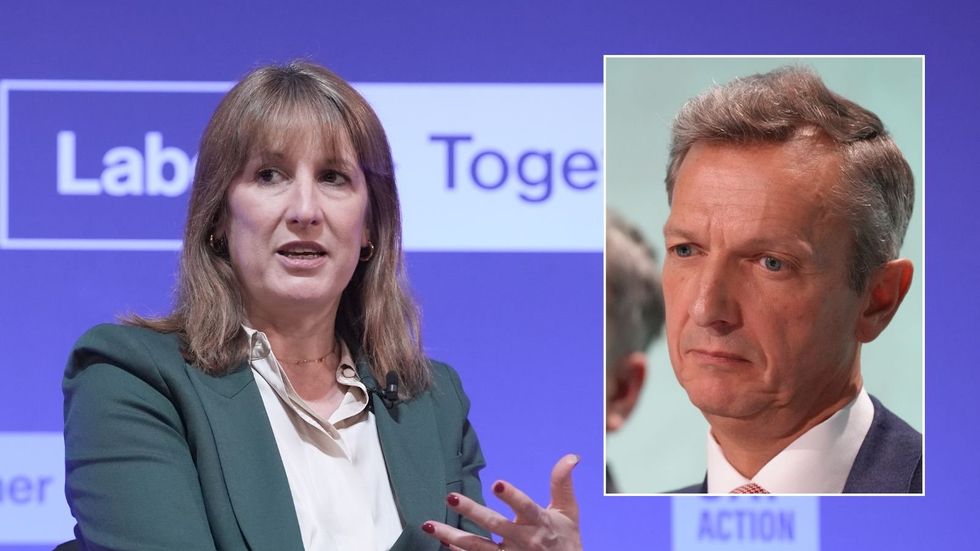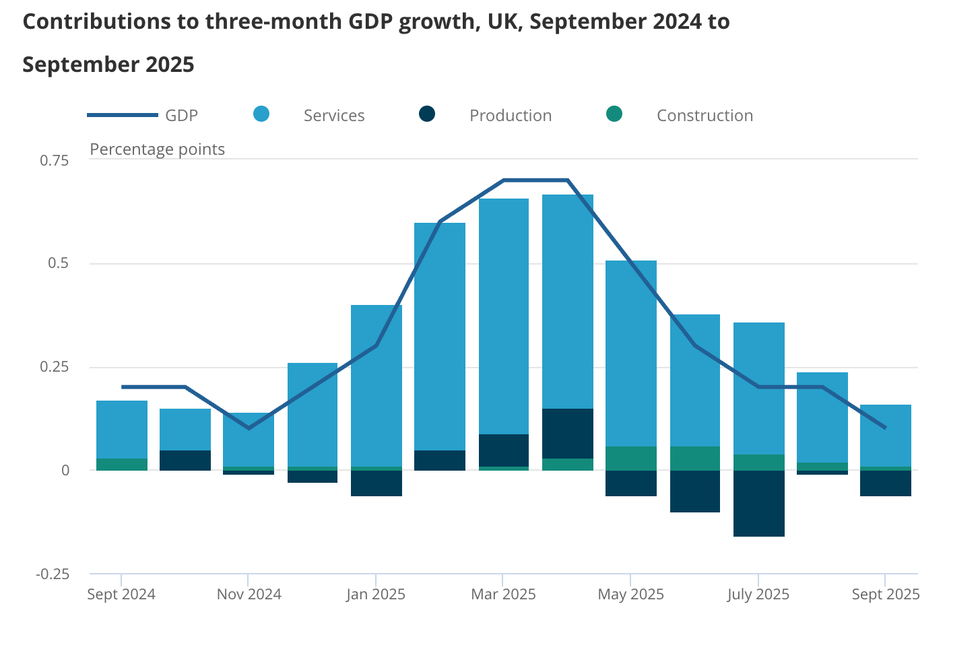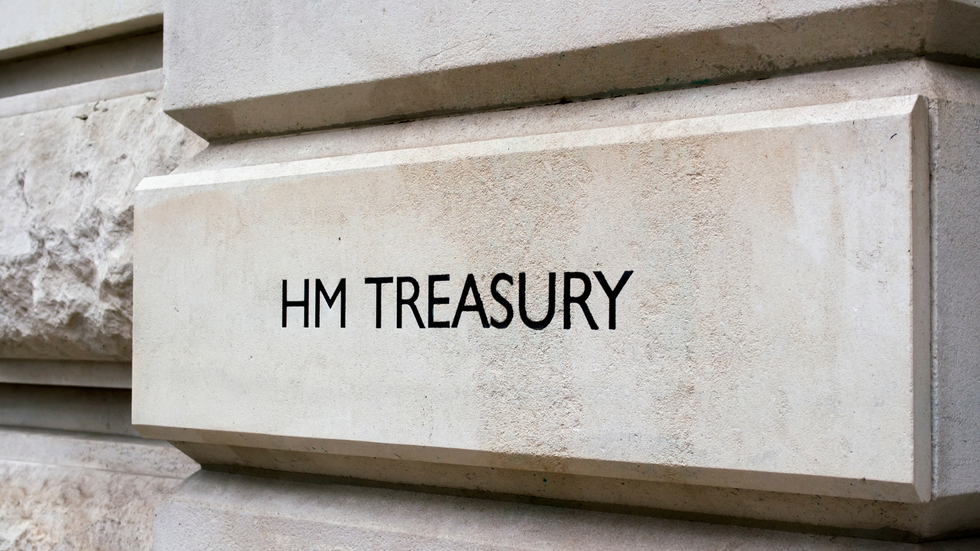Ongoing speculation over what will tax reforms included in Chancellor Rachel Reeves’s upcoming Budget has resulted in “very weak growth” in the economy, the former chief economist at the Bank of England has warned.
Andy Haldane, who served at the UK’s central bank between 1989 and 2021, has issued a stark warning to the Treasury mere days before Ms Reeves’s annual fiscal statement
Mr Haldane argued that uncertainty surrounding potential tax increases ahead of the November 26 event has prompted both companies and households to curtail their spending.
Speaking to journalists earlier today, the former Bank of England representative insisted that persistent rumours about the Chancellor’s plans have “without any shadow of a doubt” contributed to disappointing growth figures.

He suggested that anxiety over possible tax measures has led businesses and consumers to adopt a defensive stance, choosing to preserve cash rather than invest or spend.
Britain’s economy expanded by just 0.1 per cent in the third quarter, based on figures published by the Office for National Statistics (ONS) last week,
This is a sharp deceleration from the 0.3 per cent growth recorded in the previous three months and fell short of economists’ expectations.
Ms Reeves attributed the sluggish performance to disruption at Jaguar Land Rover following a cyber attack, which she said caused GDP to contract by 0.1 per cent in September through its impact on manufacturing.

However, Haldane dismissed this explanation, maintaining that speculation about the Budget had “without any shadow of a doubt” influenced the growth data.
He argued that the weak figures reflected businesses and consumers choosing to “hunker down” amid uncertainty about potential tax rises.
Mr Haldane characterised the pre-Budget period as a “real circus that’s been in town for months and months now”, stating: “One of the reasons we had a very weak growth number last week is because there’s that Budget speculation… (it’s) dampened people’s willingness to spend.”
He argued that the current approach represents an ineffective “halfway house of leaks and speculation which serves absolutely no one. Least of all the economy”.
The former Bank official proposed fundamental changes to how future Budgets are managed by the Treasury and future Chancellors.
He suggested the Treasury should either adopt the Bank of England’s approach of maintaining complete confidentiality around monetary policy decisions, or shift to “a genuinely open consultation” process.
“We have this pretty much daily speculation about the next tax rise,” Mr Haldane said, urging officials to “decisively to end that speculation, that pernicious speculation that is dampening growth”.
Mr Haldane delivered a blunt assessment of the Chancellor’s tenure, stating that Rachel Reeves has been dealt a “bad hand, played, in truth, pretty poorly”.

His critique encompasses both the economic circumstances she inherited and her subsequent management of fiscal policy.
The former Bank economist emphasised that “fearfulness about where the axe will fall” has led businesses and consumers to “save rather than spend, to not put their balance sheet to work”.
He warned this behaviour “has taken the legs from beneath growth in the economy”.
GB News has contacted the Treasury for comment.
Our Standards: The GB News Editorial Charter







Follow